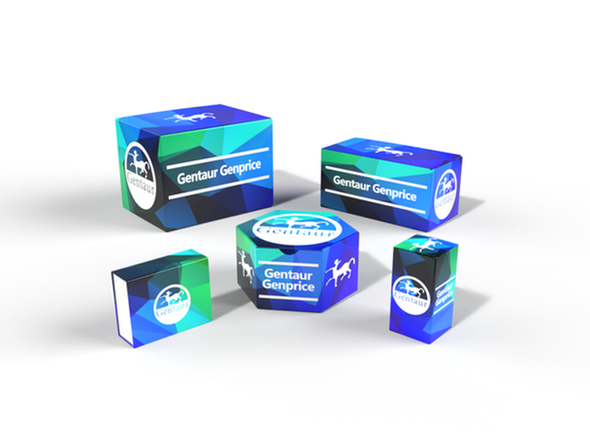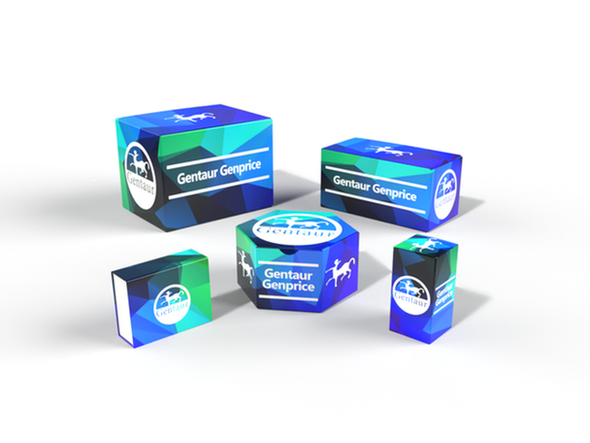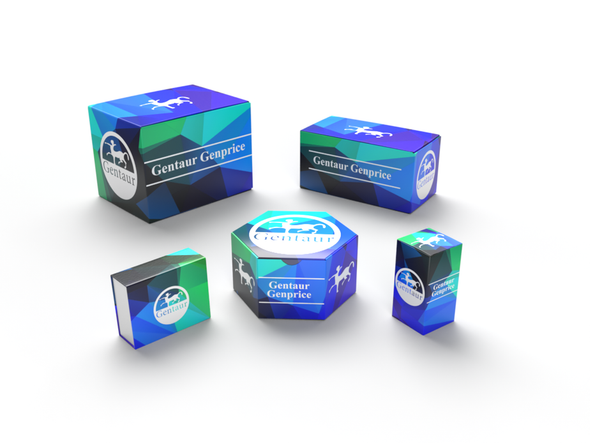BW
PTTG1/2/3 (L149) polyclonal Antibody | BS1909
- SKU:
- BW-BS1909
- Availability:
- Usually ships in 5 working days
Description
PTTG1/2/3 (L149) polyclonal Antibody | BS1909 | Gentaur UK, US & Europe Distribution
Host: Rabbit
Reactivity: Human,Mouse,Rat
Application: WB IHC IF
Application Range: WB: 1:500~1:1000 IHC: 1:50~1:200 IF: 1:50~1:200
Background: PTTG contains a basic amino-terminal domain and an acidic carboxy-terminal domain, which acts as a transactivation domain when fused to a heterologous DNA binding domain. Human PTTG is overexpressed in Jurkat and is also detected in human thymus, testis and placenta. PTTG is mainly expressed in the cytoplasm and is also partially localized to the nucleus. Vertebrate PTTG regulates the separin Esp1, which promotes chromatid separation, to overcome the cohesive forces that hold sister chromatids together. This regulatory function of PTTG suggests that defective regulation of cohesion may contribute to cancer by promoting chromosome instability. Although vertebrate PTTG shares cell-cycle functions with its yeast securin counterparts Pds1p and Cut2, none share sequence homology.
Storage & Stability: Store at 4°C short term. Aliquot and store at -20°C long term. Avoid freeze-thaw cycles.
Specificity: PTTG1/2/3 (L149) pAb detects endogenous levels of PTTG1/2/3 protein.
Molecular Weight: ~ 30 kDa
Note: For research use only, not for use in diagnostic procedure.
Alternative Names: Securin; Esp1-associated protein; Pituitary tumor-transforming gene 1 protein; Tumor-transforming protein 1; hPTTG; PTTG1; EAP1; PTTG; TUTR1; Securin-2; Securin2; Pituitary tumor-transforming gene 2 protein; PTTG2; Putative pituitary tumor-transforming gene 3 protein; hPTTG3; Securin-3; rcPTTG1; PTTG3P; PTTG3; Securin3;
Immunogen: Synthetic peptide, corresponding to amino acids 121-170 of Human PTTG1.
Conjugate: Unconjugated
Modification: Unmodification
Purification & Purity: The Antibody was affinity-purified from rabbit antiserum by affinity-chromatography using epitope-specific immunogen and the purity is > 95% (by SDS-PAGE) .
Pathway:






